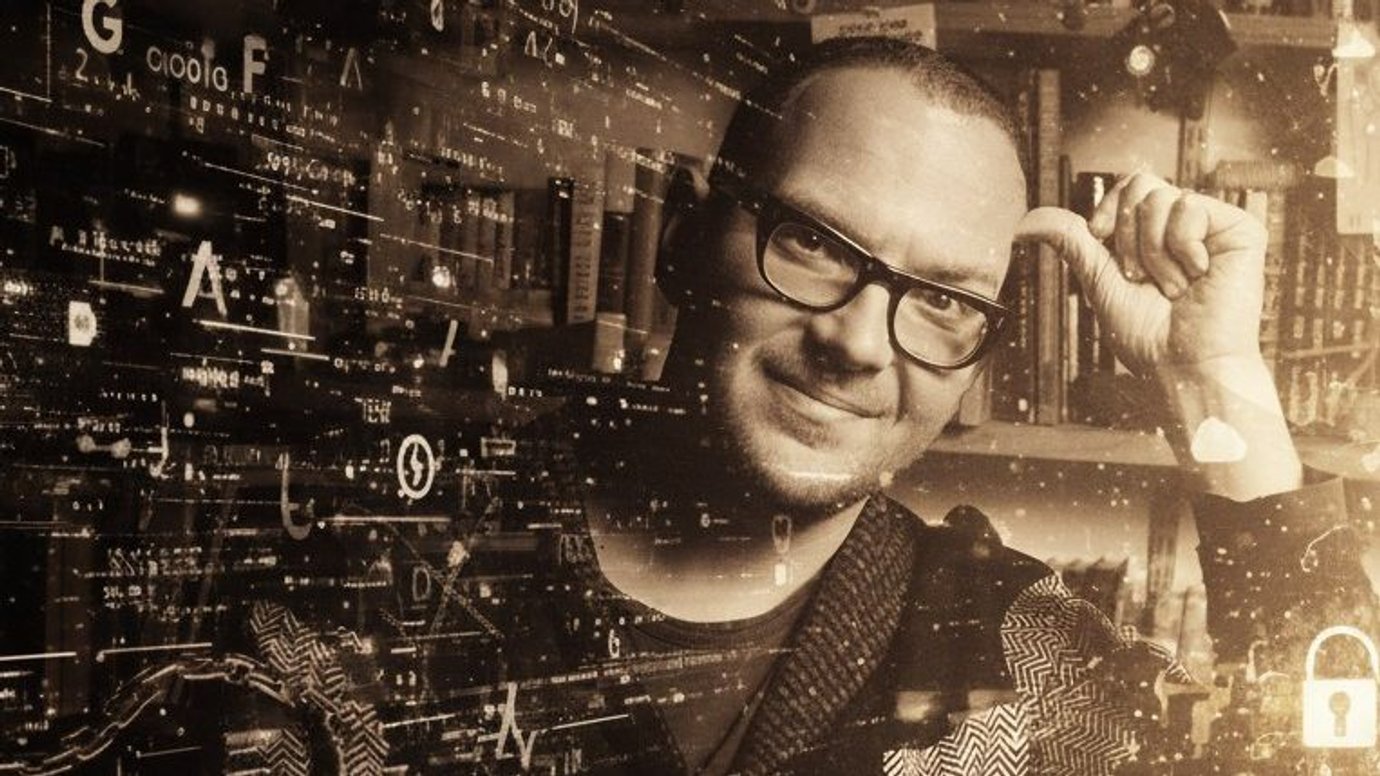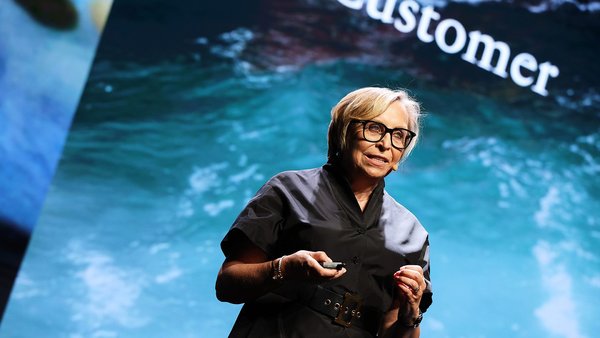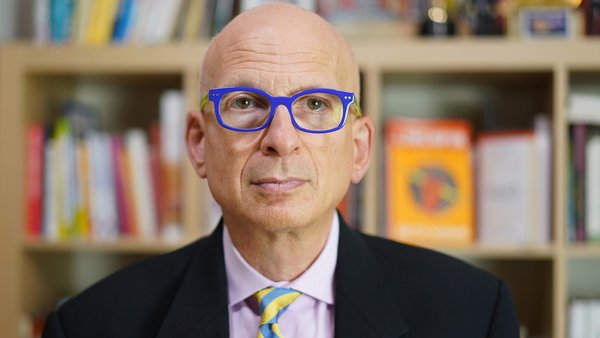‘Their imperative is to yank the enshittification lever every day’ /
Author and activist Cory Doctorow takes aim at big tech and the ‘raw deal’ that advertisers receive from digital giants
Ian Darby
/
Cory Doctorow coined the term ‘enshittification’ in 2023 to describe a process we could all feel – but struggled to articulate: the decline and decay of online platforms. It went viral, of course, and was named as word of the year by the American Dialect Society.
Since then, enshittification has become shorthand for the sludge clogging up the digital world and polluting the cultural discourse – much of it bankrolled by advertisers, and enabled (in Doctorow’s view) by the self-interested dominance of a handful of tech firms.
The science-fiction author and digital rights activist builds on this theme in his new book Enshittification: Why Everything Suddenly Got Worse and What To Do About It.
To mark the book’s release, Doctorow spoke to Contagious about advertising’s role in the enshittification process, and his hopes for a ‘new internet’ decoupled from American tech.
The full interview is available on Contagious IQ for subscribers here, with Doctorow revealing more about the Gen AI ‘bubble’, potential cures for ‘enshittification’ and the problem with influencer marketing.
What does enshittification mean for advertisers?
One way in which enshittification, as a framework for understanding tech and its problems, differs from other ideas like [Shoshana] Zuboff’s surveillance capitalism is it does not think that the platforms sold out their users to be good to advertisers. It acknowledges that advertisers get a pretty raw deal from the platforms too. One of the things I discuss in the book is how in 2017 Procter & Gamble zeroed out $100m behavioural advertising spend and saw a 0% drop in sales because it was all fraud, $100m a year just disappearing down the fraud hole.
It’s not like there’s an easy way to stop ad fraud, but there are ways to make it worse, and that comes from a lack of investment in policing. It's not that they [the tech platforms] like the fraud. But if you're the only game in town, if you’re too big to care, why would you bother?
Another piece of it is the overselling of what they can do. The surveillance capitalism people did us no favours when they took at face value Mark Zuckerberg’s claim that he was an evil dopamine-hacking wizard who could make anyone buy anything. That’s a pitch that he makes to help his sales force sell ads. But it doesn’t mean that he’s good at it, and it doesn’t mean that he’s telling the truth.
How have the tech platforms behaved towards advertisers?
The historic take of intermediaries – media buyers, agencies, everyone who isn’t the publisher – was 15% of the money in the ad market. But Google and Meta take 51%, and that’s coming out of everyone else’s end.
And we know how they do it. They have a demand side platform, they have a buy side platform, they have a marketplace. They’ve locked it so that you have to use all three. They compete with buyers, they compete with sellers. It’s like you and your wife going to get a divorce and finding that the same lawyer is representing both of you, and that person is also the judge, and they’re also trying to match with you on Tinder, and when they bang the gavel down, they’ve decided who gets the house and it’s not the husband, it’s not the wife, it’s the judge.
Cory Doctorow
But do you have any time at all for the surveillance capitalism argument that advertisers are complicit in all this, and that they’re happy with the results that they achieve with targeted advertising on these platforms?
Advertisers are like the person who says that they want the best brandy, but will settle for beer. If you offer them all the surveillance data in the world, they will convince themselves that they can make use of it. And they will ask for more and more, for the same reason fentanyl users keep taking more and more – because it stops working. Stimulus regresses to the mean and that is a reckless, irresponsible thing to do, but they do it because the platforms offer it to them.
One of the theses in Enshittification is that the expansion of IP law has made it impossible for users to develop and make use of interoperable technologies that improve their experience. If you’re on a web browser, it’s an open platform, and you can install an ad blocker, and 51% of web users have done so. It's the largest consumer boycott in history.
But, when it comes to apps, because laws around the world ban reverse engineering anything that is called a technical protection measure, no one has ever installed an ad blocker for an app. This is one of the reasons that companies really want you to not use their website and start using their app, because it’s skinned in enough IP to make it a felony to block ads while you use it, and means that the user is completely defenceless.
Cory Doctorow
What about the big personalities in tech? You're not afraid to call out Musk and Zuckerberg but argue that if it wasn’t those people enshittifying everything, there would be others
These people are horrible but if Elon Musk popped his clogs, there’d be 10 big bulls wrestling for succession and the winner would be indistinguishable from him. If there’s a Musk-shaped hole in our society, created by lax anti-trust, the failure to enforce or create privacy laws, bans on interoperability, and weak labour protections for tech workers who want to do right by their users, it doesn’t matter who’s sitting in the driver’s seat. Their imperative is to yank the enshittification lever every day.
Want more of the same? /
We don’t just write about best-in-class campaigns, interviews and trends. Our Members also receive access to briefings, online training, webinars, live events and much more.







